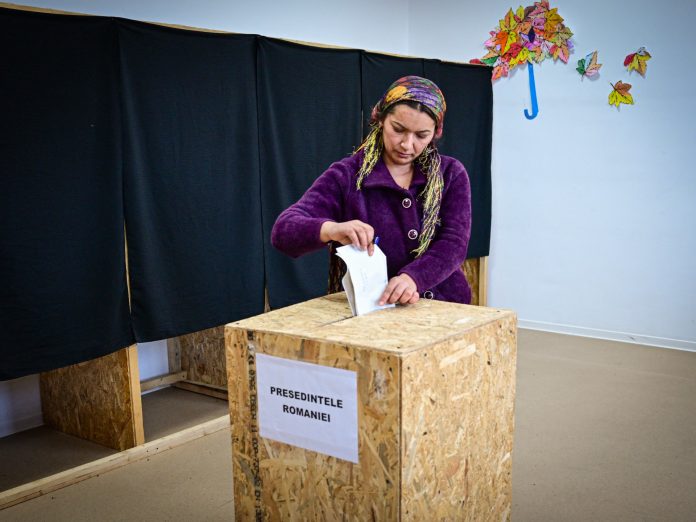The first round of the new presidential election is scheduled for May 4, with a second round on May 18 if no candidate receives more than 50 percent of the vote.
Romania’s coalition government has announced a new presidential election in May following the annulment of the December vote due to allegations of Russian interference.
During a cabinet meeting on Thursday, the ruling party’s proposal for a fresh presidential vote was approved.
If no candidate in the first round of the election on May 4 secures more than 50 percent of the vote, a second round will be held on May 18.
Last year, Romania faced institutional chaos when Calin Georgescu, a little-known far-right pro-Russian politician, won the initial presidential round on November 24. This led to suspicions of a massive social media campaign on TikTok in his favor, which the platform has denied.
Despite denials by Moscow, Romanian officials suspected Russian interference and the country’s top court annulled the ballot, ordering a complete rerun of the election.
In response to concerns over election interference, the European Commission initiated proceedings against TikTok, particularly related to the Romanian vote.
Georgescu has condemned the annulment of the vote as a “formalised coup d’etat.”
Last Sunday, tens of thousands of Romanians protested in Bucharest against the cancellation of the original vote, with the far-right Alliance for the Union of Romanians (AUR) party leading the demonstration.
Protesters demanded the resignation of President Klaus Iohannis, who remains in office until a successor is elected.
The government, under the leadership of Prime Minister Marcel Ciolacu, issued a decree on Thursday requiring campaign materials for the upcoming election to be clearly labeled as election content and identifying their sponsors.
Social media platforms will also be held accountable for removing content that violates the rules within five hours of receiving a request from Romanian election officials, facing fines between 1 percent and 5 percent of their turnover if they fail to comply.
However, Romanian rights groups criticized the government for not consulting the public before issuing the decree, expressing concerns that the new rules do not effectively address campaign financing issues.




